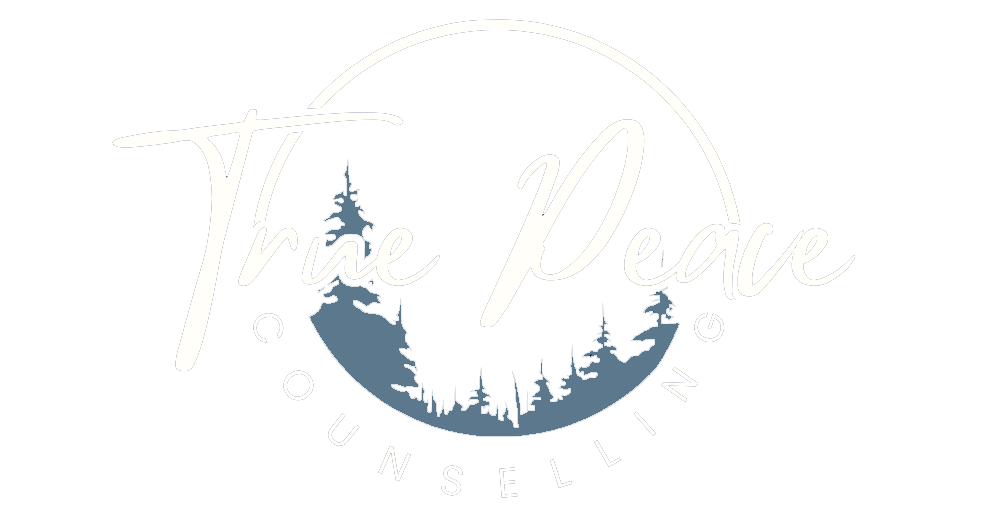Disclaimer: The content of this blog is for informational purposes only. It is not meant to substitute the advice or diagnosis of a medical doctor, psychiatrist, psychologist, or therapist.
If you have watched Apple TV’s series Ted Lasso, then you are likely familiar with the phrase “Be curious, not judgmental.” In this iconic scene, Ted Lasso shares with his audience that he used to get upset when people would make assumptions about him, until one day he realized that it is the other people who are being judgmental, rather than curious. Their assumptions about him had no impact on who he was. His point is that when people are judgmental, they make assumptions and jump to conclusions before they have all the evidence they need to fully understand a person or a situation.
I don’t know about other counsellors, but this counsellor did a celebratory fist pump when she saw such an important message communicated on such a popular tv show. Being curious is a skill that all counsellors work on in themselves and strive to teach to others. It is through curiosity that we learn, make connections, and grow. Judgment, on the other hand, tends to close doors, especially if we make that judgement without fully understanding a situation. It is easy to believe that we have all the information that we need, but very often not actually the case.
Being curious is a great help for our relationships. We like to think that we know what other people are thinking, or what their motives are, but the truth is that unless we talk to them about it, we really don’t. Let’s say that someone in your life makes a short comment to you that comes across as harsh and thoughtless. It is all too easy to assume that this person was trying to be rude or hurtful, but with further investigation, you may find out that they were actually distracted and stressed, and their comment was simply thoughtless. Talking to them about it gives you the opportunity to recognize that it wasn’t meant to be hurtful, and it gives them the opportunity to apologise for being harsh.
It isn’t only about others that we should be curious. Being curious about ourselves helps us to break behaviour and thought patterns that may have lasted for generations. Asking yourself why you do the things that you do is a great way to start personal growth. I don’t mean asking yourself this question in anger or frustration, but genuinely taking a look at your life and asking questions – What is it about my partner going out with their friends that makes me feel so angry? What is stopping me from leaving this job that I don’t like? What is it about flying in airplanes that makes me feel anxious?
When I am working with anxious clients, I often introduce CBT’s “Thinking Traps.” You may have heard of them – black and white thinking, catastrophic thinking, mind reading, etc. These thought patterns are narrow and judgmental. They jump to conclusions before all the evidence has been presented, which makes the person having the thoughts feel anxious and panicked. The antidote is to be curious instead. Let’s say that I am experiencing catastrophic thinking – If I don’t clean my house before my mother-in-law comes over, she will think that I am a terrible partner to her child, and she will not love me. Then she will tell my partner that they have made a terrible decision by marrying me, and my partner will leave me. That’s a really big jump! Being curious about this thought pattern would look like this: “Wow, I recognize that was a catastrophic thought. I also recognize that when I am stressed, I have more catastrophic thoughts. I wonder what are some other ways that I can manage my stress. I also wonder what makes me think my mother-in-law would treat me in such a way.”
Having a curious mindset isn’t something that happens overnight. It takes attention and practice, but it is worth honing because it makes a great difference in your mental health. Having a curious mindset helps you to remember that more often than not, people’s behaviour is a result of their own life circumstances, rather than a result of something about you. It helps you recognize when you are jumping to conclusions, and it helps you to consider other possibilities. Overall, being curious helps people remember that they are human, and to offer themselves compassion rather than judgement. Being curious brings people peace, which is what most of us are after.


Kala McKenzie is a Registered Clinical Counsellor in Victoria, British Columbia. She holds a Master’s Degree in Counselling Psychology, and is a member of the British Columbia Association of Clinical Counsellors. If you are an adult living in BC and interested in counselling with Kala, book a complimentary consultation here.

0 Comments